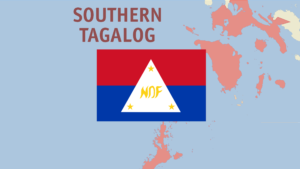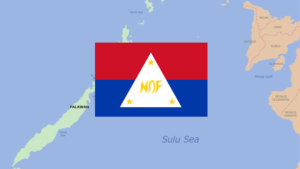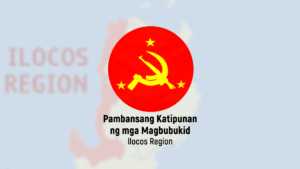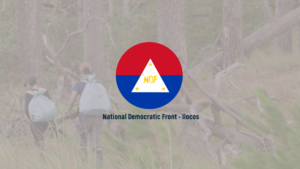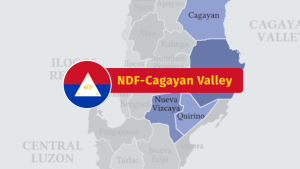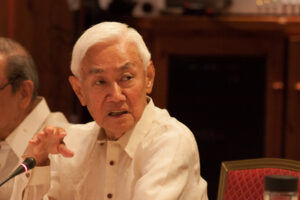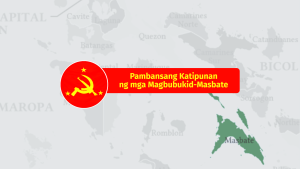The cracks are showing in the AFP’s “fragile peace” in Southern Mindanao
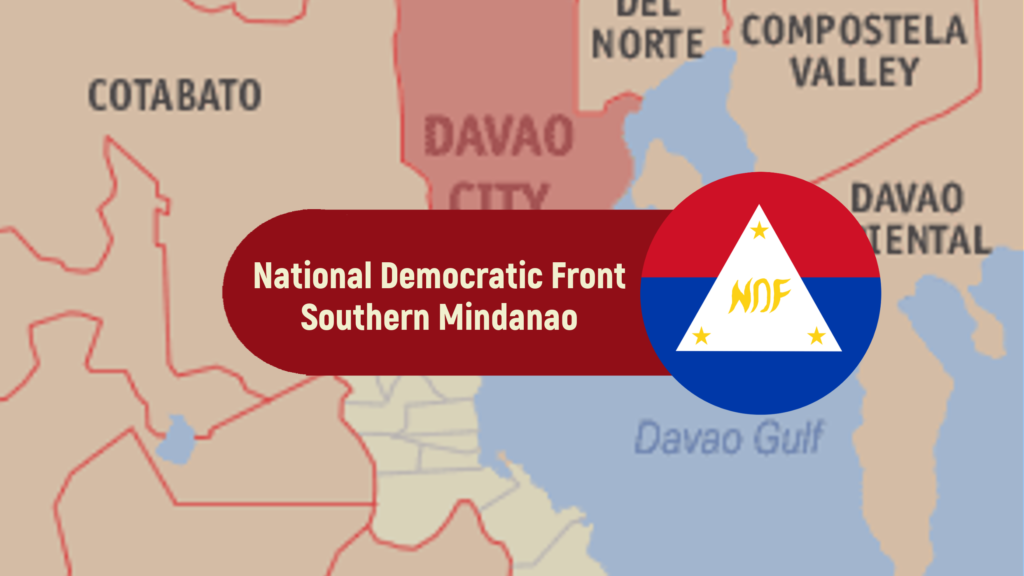
To the masses of Southern Mindanao, the recent announcement by the AFP’s 10th Infantry Division of of keeping its forces, including detachments, paramilitaries and retooled community support program (RCSP) units, proves how hollow its barely month-old “insurgency-free” declaration truly is. In describing what they managed to achieve as “fragile peace,” the fascist hawks are themselves admitting that their murderous counterinsurgency campaign has failed to address the root causes of the people’s plight and motivations for armed revolution.
Across the region, the 10th ID intends to maintain the deployment of at least 19 battalions, more than 400 CAFGU detachments and 14 paramilitaries. In the more than five years of repeatedly herding civilians to “surrender” during so-called “deradicalization” seminars, AFP troops remain deathly afraid of the people they mercilessly oppress. These thugs find it necessary to continue to besiege peasant and Lumad communities with their insidious RCSP teams, sowing terror among residents and exacerbating their socio-economic woes with checkpoints, food blockade, forced and fake surrenders, restrictions on their economic activities such as hunting and gathering and other rights violations.
The 10th ID’s peddling of yet another fascist machinery called Integrated Territorial Defense System (ITDS) point to the real intent of the relentless militarization of Southern Mindanao’s countryside—the protection of the economic interests of the ruling class in the region and the AFP’s continued enjoyment of political power and bureaucratic loot.
In Davao City for instance, at least 113 permits for extractive activities such as quarrying have been approved, apart from the mining activities eyed in Paquibato and Calinan districts. In Davao Oriental, at least 39 permits have also been granted to mining companies, which will affect almost 60,000 hectares of peasant and Lumad lands, on top of existing mineral production sharing agreements (MPSA). The local provincial government has been consistently advocating on behalf of these mining firms, especially foreign-owned companies such as Austral-Asia Link Mining Corporation and Hallmark Mining Corporation, despite the destruction they pose to the masses’ livelihood and the environment. Similar aggressive maneuvers are also present in Davao de Oro, particularly in New Bataan, Pantukan and Maco.
In all provinces in the region, but most prevalent in Davao del Norte (Talaingod, Kapalong and New Corella) and Davao del Sur (Davao City, Bansalan and Digos City), foreign and bourgeois-comprador-owned banana and other plantations, which are currently being expanded by the illegitimate Marcos regime, continue to displace peasants and Lumad from their land and exploit plantation and farm workers with slave wages and unfair labor practices. The AFP’s self-glorifying establishment of pseudo-farmers and people’s organizations and frenzied conduct of “livelihood trainings” are in fact geared towards the unimpeded entry of export monocrop plantations.
The 2,773 agrarian reform beneficiaries in Davao region who were recently “awarded” a total of 1,958.10 hectares or less than one hectare per beneficiary will certainly find it difficult to till their land in the midst of skyrocketing prices of farm inputs and basic commodities. Like many instances in the past, these lands will most likely fall in the hands of corporate plantations that prey on farmers’ dire straits to essentially steal their land for a pittance.
In addition, the AFP, especially its upper echelon, is adamant in exercising its fascist overlordship over the reactionary civilian authority. In maintaining the deployment of their forces in the region, the so-called “gains” of their Barangay Development Program under the NTF-ELCAC which are either road projects meant to entice foreign direct investments for large-scale mining, eco-tourism and monocrop plantations or carry out corruption-laden construction projects such as schools and multi-purpose buildings in order to line the pockets of AFP officers, local officials and their favored contractors.
Despite declaring the five provinces as free of insurgency, the cracks in the AFP’s hubris are slowing showing, exposing not only the hollowness of their much-ballyhooed “achievement” but also the singular extent to which fascist oppression actually played in achieving it.
In the final analysis, the “insurgency-free” declaration of the AFP in Southern Mindanao is not so much an affirmation of the current Marcos and previous Duterte regimes’ “defeat” of the armed revolution of the masses in the region than a confirmation that it is so fragile, it needs to constantly oppress the people with ironclad fascism in order to exist.

